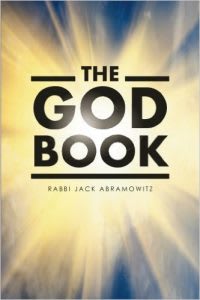28. Exaggeration and Figurative Language
By this point, it should not surprise us that the Bible utilizes both figurative speech and exaggeration to make vivid points. [II, 47] The Talmud (Chulin 90b) tells us explicitly that this is the case and it provides us with two examples, one from the Torah and one from the Writings. Deuteronomy 1:28 describes the Canaanite cities as "great and fortified up to Heaven." Clearly, this is not a literal description of the cities' height. Similarly, Koheles 10:20 tells us not to curse people even in private because "a bird of the air will carry the voice" and reveal what was said. Again, this is obviously not meant to be taken literally. The Rambam points out that the Books of the Prophets likewise engage in such hyperbole. He brings the example of Amos 2:9, in which the height of the Emorites is described as "like the height of the cedar" - again, not intended as a literal measurement.
All of the prophets employed exaggeration in their speech, though not every statement they made is necessarily an example of such exaggeration. For example, the Torah describes Og's bed as nine cubits in length (Deuteronomy 3:11). A person's bed is typically a third longer than he is, so Og was likely more like six cubits tall. That's about nine feet - intimidatingly tall but not supernaturally so. (Contrast this with the fanciful descriptions of Og found in the Midrash.) In a similar vein, the Rambam tells us that the life span of certain individuals in the Book of Genesis, which frequently lasted many hundreds of years, only applied to those named; everyone else lived a length of time we would consider normal.
Just as the Bible uses obvious exaggeration, it uses figurative language that no one should take literally. For example, Isaiah 55:12 tells us that "the mountains and the hills will break into song in front of you, and all the trees of the field will clap their hands." Such figurative imagery is frequent in the works of the Prophets; sometimes it is obvious that it's a metaphor, while other times it's harder for the reader to distinguish.
Certain things are clearly figurative. For example, King David tells us that God "opened the doors of Heaven" when He provided manna for the Jews in the wilderness (Psalms 78:23). Nobody thinks there's literally a door in the sky. This is an obvious metaphor. Similarly, when God says, "I will blot him out from the Book of Life" (Exodus 32:33), one must not be misled into thinking that God has a physical book in which He writes and erases.
If a discerning reader applies himself, he should be able to separate Tanach's use of exaggeration and figurative language from that which is meant literally. One will then be able to learn and understand the Bible's various prophecies and the truths that they contain, untainted by the misimpressions one derives from an overly-literal reading of the text.

